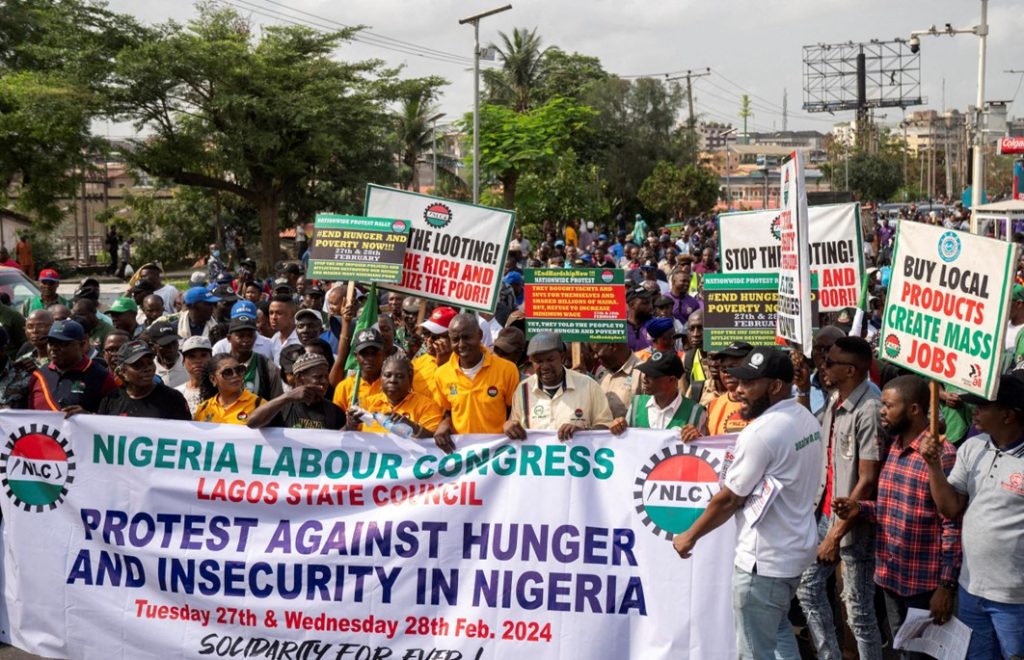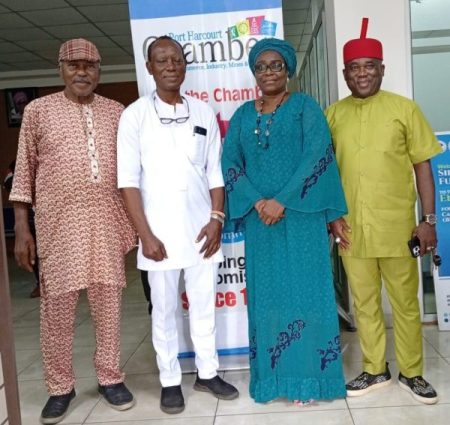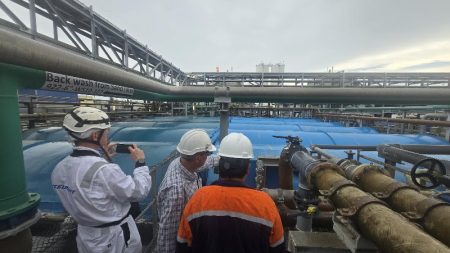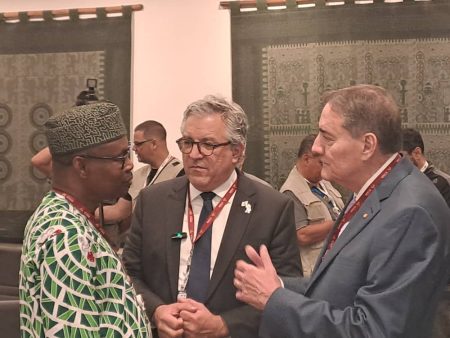
– Govt offers dialogue
Lagos — Nigerian security forces deployed in major cities and the government said it was open to dialogue ahead of planned protests on Thursday against a cost-of-living crisis and poor governance that authorities fear could turn violent.
After taking office more than a year ago, President Bola Tinubu swiftly removed some fuel subsidies, devalued the naira currency and later hiked electricity tariffs, moves that have sent inflation soaring past 34%, eroding incomes.
Nigerians are also grappling with widespread insecurity, which has damaged the farming sector, while armed gangs kidnap residents and school children for ransom in the north.
Inspired by Kenyan protests, Nigerians are mobilising online to demand reinstatement of petrol and electricity subsidies, free primary and secondary education and an end to the insecurity, among other demands.
A senior government official, George Akume, said the protests could be infiltrated and become violent, without elaborating.
“We prefer dialogue, we are ready for dialogue,” he told reporters, without saying whether the government had been in contact with the protest organisers. “Nigeria is a work in progress and things will soon improve.”
Tinubu’s government has so far used a mix of threats and cajoling to discourage the protests.
In the capital Abuja, the commercial hub Lagos and the northern city of Kano, armed police deployed on major roads, set up security check points and searched cars.
Former Ghanaian President John Dramani Mahama plans to renegotiate the terms of an International Monetary Fund (IMF) bailout and increase local ownership in oil and mining projects if he wins the country’s December election, he told Reuters.
Police occupied the main square in Abuja that protesters planned to use, while military vehicles parked nearby.
A court order confined Lagos protesters to two venues on the outskirts of the city.
Some Lagos residents said they were worried that protests could turn violent as happened during anti-police demonstrations, known as EndSars, in October 2020, when lives were lost and properties destroyed.
At one of Kano’s largest malls, Sufi Mart, workers were busy reinforcing windows with shutters.
“I don’t want it (the protest) to extend into the night so that it doesn’t turn out to be another thing like EndSars,” said Nneka Ochiachebe, who sells second-hand clothes at a Lagos market.
The Reuters Daily Briefing newsletter provides all the news you need to start your day. Sign up here.
Reporting by MacDonald Dzirutwe, Additional reporting by Seun Sanni in Lagos, Felix Onuah in Abuja and Hamza Ibrahim in Kano Editing by Gareth Jones



